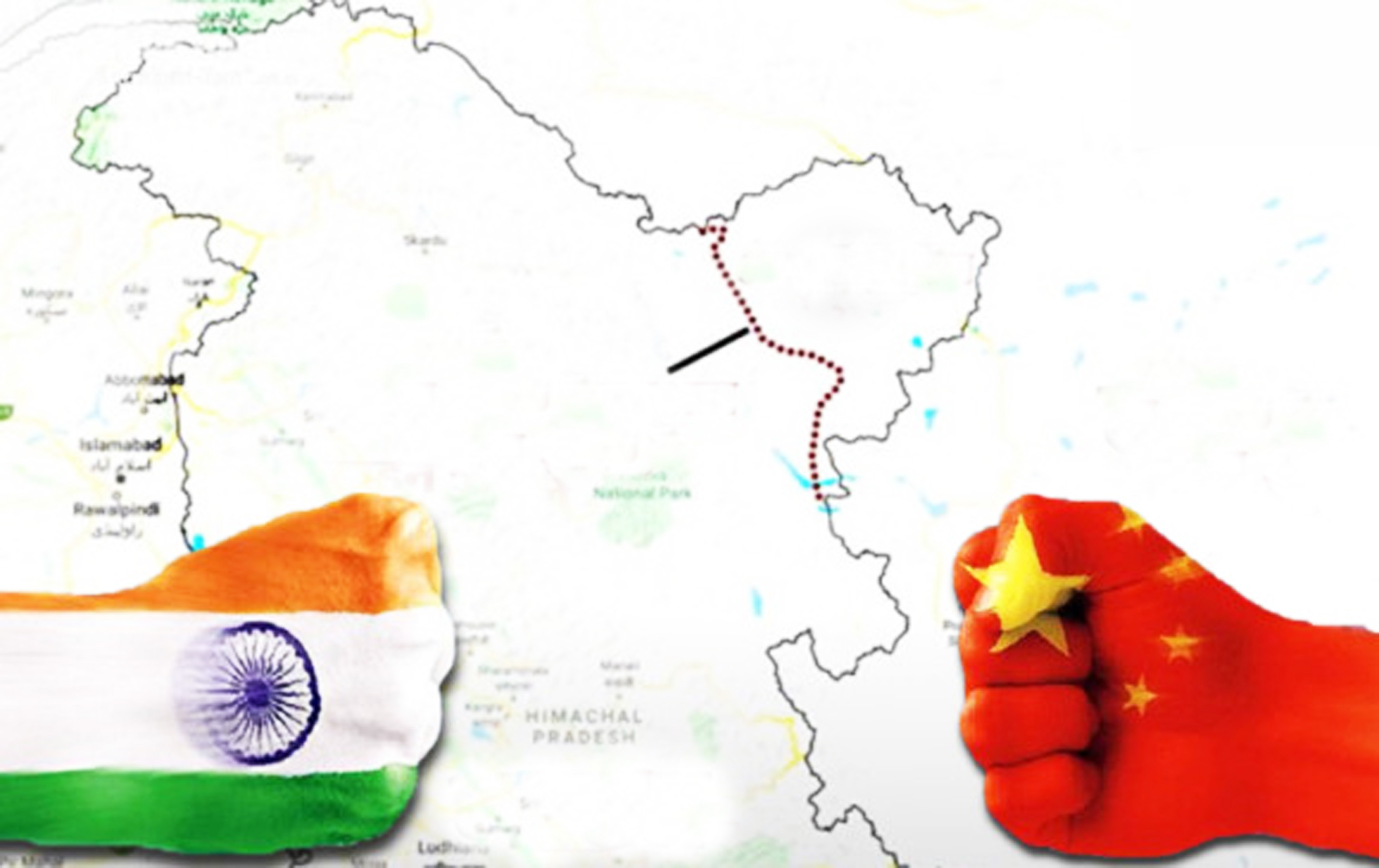


Even as Pakistan and China plan an extension of CPEC under the so-called “phase two” of the project by inviting investments from third countries like Turkey and the Gulf, India is gearing up to oppose and counter the move “more aggressively and more effectively” using every possible opportunity in future. New Delhi will use every single conclave and summit including all UN meetings to garner global community’s support in condemning both Pakistan and China for violating India’s territorial integrity, sources told The Daily Guardian.
“The so-called China-Pakistan Economic Corridor, which is being projected as the flagship project of the Belt and Road Initiative (BRI), the international community is well aware of India’s position. No country can accept a project that continues to ignore its concerns on sovereignty and territorial integrity,” said officials. What is more objectionable is that Pakistan and China despite opposition from India are trying to involve third countries in the so-called project. This will be raised at the bodies like UNHRC and other global elite platforms soon, sources said. New Delhi has consistently been critical of “projects in the so-called CPEC, which are in Indian territory, “illegally occupied by Pakistan.
The Ministry of External Affairs (MEA) has learnt from its diplomatic channels that “the so-called phase two of the CPEC is expected to priorities advancement of the so-called regional connectivity through the extension of CPEC, operationalization of SEZs and completion of phase one projects, inviting investments from third countries like Turkey and the Gulf. Secondly, China has expedited efforts to extend the CPEC to Afghanistan.
In fact, Pakistan and China recently signed six key documents to help undertake the second phase of the USD 60 billion China-Pakistan Economic Corridor (CPEC) projects under a new model, further cementing the all-weather strategic relations between the “iron brothers.” Pakistan Prime Minister Shehbaz Sharif and Chinese Vice Premier He Lifeng witnessed the signing ceremony held in Islamabad to mark 10 years of the CPEC, a collection of infrastructure and other projects under construction throughout Pakistan since 2013. The CPEC, which connects Gwadar Port in Pakistan’s Balochistan with China’s Xinjiang province, is opposed by India as it is being laid through Pakistan-occupied Kashmir.
Indian diplomats, who are keeping a close watch on the development related to the CPEC activities, told The Daily Guardian that New Delhi will be doing a plain talk with both Pakistan and China over their plan to extend the CPEC. Prime Minister Narendra Modi is likely to use the BRICS summit in Johannesburg this month to signal a strong message on the same. Chinese President Xi Jinping will be in attendance at the summit. The China-Pakistan economic corridor violates India’s territorial integrity is the clear message that the Indian leadership is likely to send out.
India has already criticised China and Pakistan on many occasions for their efforts to encourage third countries to join projects relating to the CPEC. When the reports came that China and Pakistan were making efforts to extend the CPEC to Afghanistan, Ministry of External Affairs’ spokesperson Arindam Bagchi had said such activities under the CPEC are “inherently illegal, illegitimate and unacceptable”, and will be treated accordingly by India. Bagchi had then said: “We have seen reports on encouraging proposed participation of third countries in so-called CPEC projects. Any such actions by any party directly infringe on India’s sovereignty and territorial integrity. India firmly and consistently opposes projects in the so-called CPEC, which are in Indian territory that has been illegally occupied by Pakistan.” “Such activities are inherently illegal, illegitimate and unacceptable, and will be treated accordingly by India,” he added.